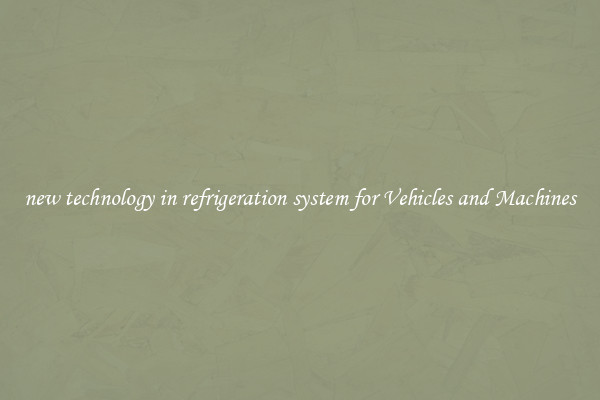Versatile And Affordable embedded system technology
Versatile And Affordable Embedded System Technology Revolutionizing the Tech Industry

Embedded systems are becoming increasingly important in our technological world. These systems consist of a combination of hardware and software, designed to perform specific functions within larger systems or devices. They are everywhere, from our smartphones and tablets to our cars and even our household appliances. Embedded systems play a crucial role in ensuring the smooth operation of these devices.
Over the years, embedded systems have undergone significant advancements in terms of versatility and affordability. Here, we will explore how these advancements are revolutionizing the tech industry.
One of the key factors driving the versatility of embedded systems is the miniaturization of components. As technology continues to advance, the size of the components used in embedded systems has significantly decreased. This miniaturization has allowed for the integration of more features and functionalities into smaller devices. For example, the introduction of System-on-Chip (SoC) technology has enabled the combination of multiple functions into a single chip, reducing the size and complexity of embedded systems.
Additionally, affordability in embedded systems has also improved. With the increasing demand for embedded systems in various sectors such as healthcare, automotive, and consumer electronics, manufacturers have focused on making these systems more cost-effective. The mass production of embedded system components has led to a decrease in manufacturing costs, making it more accessible for smaller companies and startups to incorporate embedded systems into their products.
The versatility and affordability of embedded systems have opened up numerous possibilities for innovation. In the healthcare industry, embedded systems are being used in medical devices to monitor vital signs, provide drug administration, and even enable remote patient monitoring. In the automotive sector, embedded systems are integral to the operation of modern vehicles, controlling everything from engine management to climate control and entertainment systems.
Moreover, the Internet of Things (IoT) revolution has further expanded the capabilities of embedded systems. By connecting embedded systems to the internet, devices can communicate with each other and share data, enabling automation, remote control, and data analysis. This connectivity has paved the way for smart homes, smart cities, and industrial automation, improving efficiency and convenience in various sectors.
In conclusion, versatile and affordable embedded system technology has revolutionized the tech industry. With advancements in miniaturization and cost-effectiveness, embedded systems have become integral to the operation of various devices and systems. They play a crucial role in innovation across sectors such as healthcare, automotive, and consumer electronics. As technology continues to evolve, we can expect further advancements in embedded systems, enabling even more remarkable innovations in the future.

View details

View details

View details

View details








